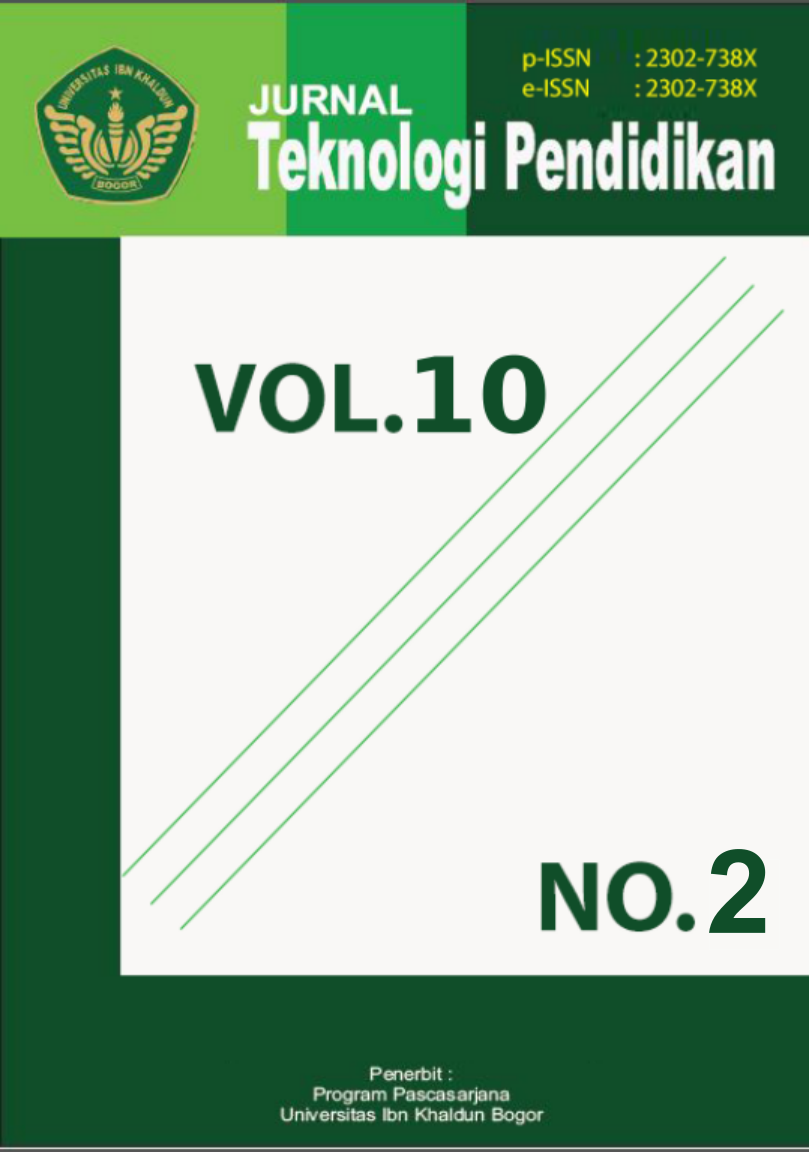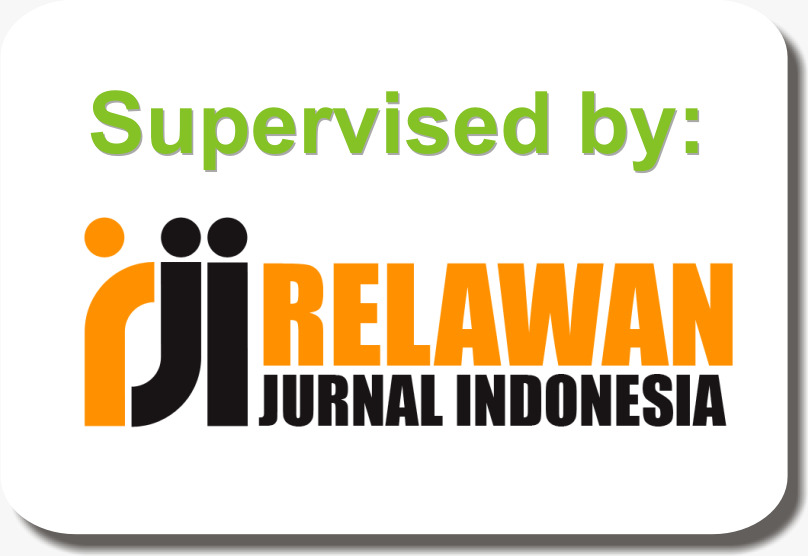PENERAPAN MANAJEMEN SUMBER DAYA MANUSIA (MSDM) UNGGUL BERBASIS KOMPETENSI DI SOCIETY 5.0
DOI:
https://doi.org/10.32832/tek.pend.v10i2.7641Kata Kunci:
Human Resource, Era Society 5.0Abstrak
Digitization in human resource management can help companies modernize HR functions and give them a competitive advantage. At the same time, changing work styles and changing HR needs are necessary. The researcher aims to find out how to apply competency-based human resource management in the digital era. Researchers also explore the current key benefits and risks, and analyze their impact on the competence and role of HR Professionals. The qualitative research includes the analysis of secondary data describing the level of existing digital skills based on the reactions of more than 7,000 respondents from six EU member countries (Germany, Finland, UK, Portugal, Sweden and Slovakia). The results obtained indicate that the application of HR professionalism tends to be reluctant to adopt technology. The results also confirm the importance of digitization for human resources and the demand for digital skills in recent yearsReferensi
Aksen. (2020). SDM yang diberdayakan secara digital. Diakses pada 20 November 2021 dari
https://www.accenture.com/_acnmedia/ac centure/conversionassets/dotcom/ documents/global/pdf/dualpub_26/accentu re-digital-hr-pov.pdf
Bokelberg, E., Dorai, C., Feinzig, S., Guenole, M., Lesser, E., Mertens, J., Raisbeck, L., Reyes, W., & Steele, S. (2020). Memperluas keahlian: Bagaimana komputasi kognitif mengubah SDM dan pengalaman pegawai. Diakses pada 20 November 2021
darihttps://www.ibm.com/downloads/cas/ QVPR1K7D
Böhmová, L., & Chudán, D. (2018). Menganalisis Data Media Sosial untuk Tujuan Perekrutan.Acta Informatika Pragensia, 7(1), 4-21.
doi:10.18267/j.aip.111
Unduhan
Diterbitkan
Cara Mengutip
Terbitan
Bagian
Lisensi



















